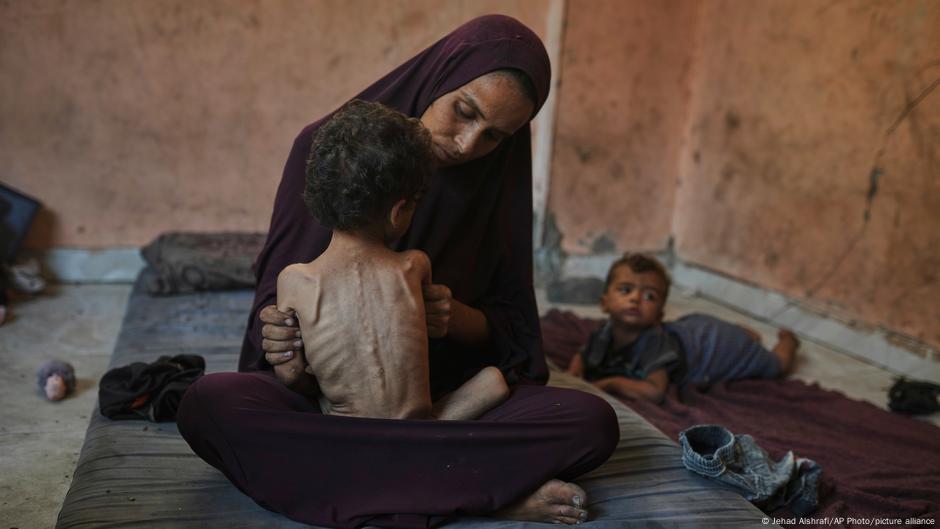T4K3.news
Israeli media shifts focus to Gaza hunger under international scrutiny
Israeli outlets start reporting on Gaza hunger as international coverage increases scrutiny of the conflict.
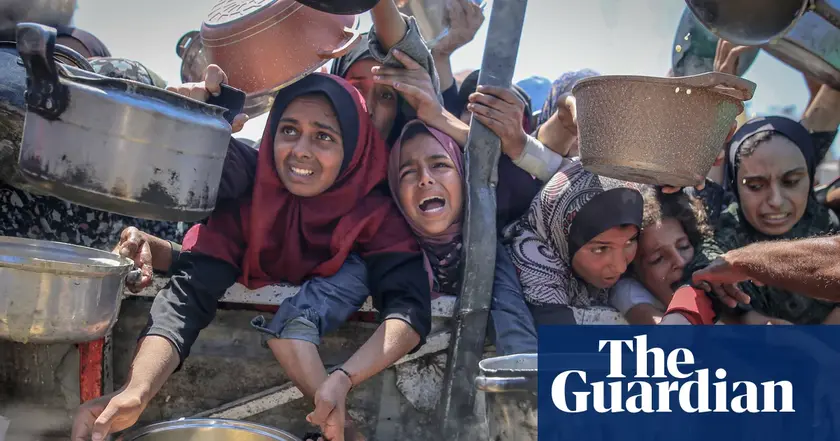
Israeli outlets begin to cover Gaza hunger as global attention puts pressure on the narrative
Israeli media shifts focus to Gaza hunger under international scrutiny
Global aid groups warn that hunger in Gaza is worsening, with the UN and WFP reporting that a large portion of the population faces food insecurity and hundreds of malnutrition related deaths have occurred since 2023. The humanitarian crisis is described as grave by international bodies, and recent reporting in global media has highlighted the toll on children and families.
Inside Israel, coverage had largely mirrored a government narrative that framed the conflict as a security issue. In recent weeks, however, some Israeli newspapers and TV channels have started reporting on hunger in Gaza, though the discourse remains debated and tightly linked to the Israeli position on Hamas. Journalists note the lack of independent access to Gaza makes verification difficult, while public opinion polls show most Jewish Israelis remain focused on security and hostages rather than humanitarian consequences, despite ongoing protests calling for action and accountability.
Key Takeaways
"The Israeli audience simply did not see that at all."
Anat Saragusti on audience exposure to Gaza casualties
"There is no policy of starvation in Gaza, and there is no starvation in Gaza."
Netanyahu defending official stance during a press event
"Hamas’s ultimate aim is to get that number [of deaths] as high as possible."
Zalman Coleman on Hamas strategy
"There is no independent press in Gaza."
Saragusti on reporting access to Gaza
The shift in Israeli media signals a potential realignment in domestic discourse, driven by international pressure and visible humanitarian needs. Media analysts point to a gap between what global audiences see and what many Israelis are exposed to at home, a gap that state messaging has so far largely muffled. If foreign reporters regain more access or new local coverage broadens the conversation, policymakers may face increased pressure to address both hostages and humanitarian relief.
Yet the political risk is high. The coverage debate intersects with deep fears about security and public opinion, making it harder for editors to choose frames that are both responsible and palatable to readers who view Gaza primarily through the lens of violence and national defense. A broader conversation on famine could shift public expectations and influence upcoming policy decisions or ceasefire discussions.
Highlights
- Truth travels faster when hunger breaks the silence
- A famine is a test of conscience not a political weapon
- If hunger becomes news, public pressure follows
- Courage is reporting what many prefer not to see
Political and humanitarian reporting risk in Gaza coverage
The piece deals with sensitive political topics and potential backlash in Israeli society and international audience. It also discusses press freedom and access restrictions that could affect reporting.
As the facts become harder to ignore, journalism must stay vigilant and humane.
Enjoyed this? Let your friends know!
Related News
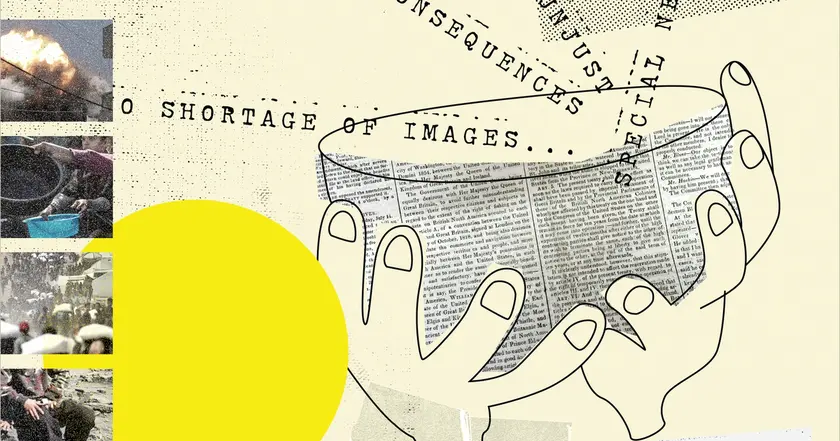
The New York Times alters Gaza coverage amid scrutiny
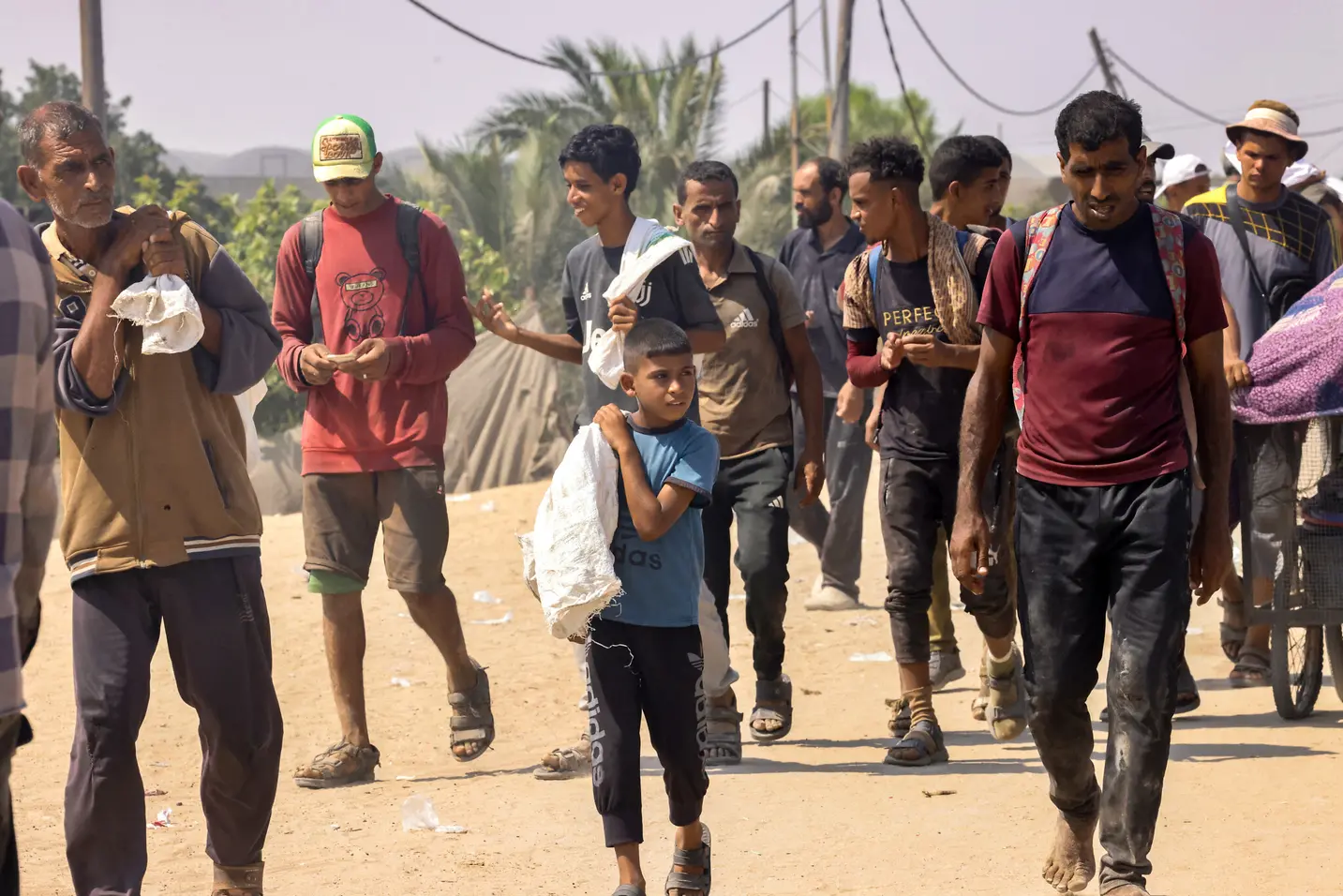
Israel plans large-scale aid for Gaza amid occupation discussions
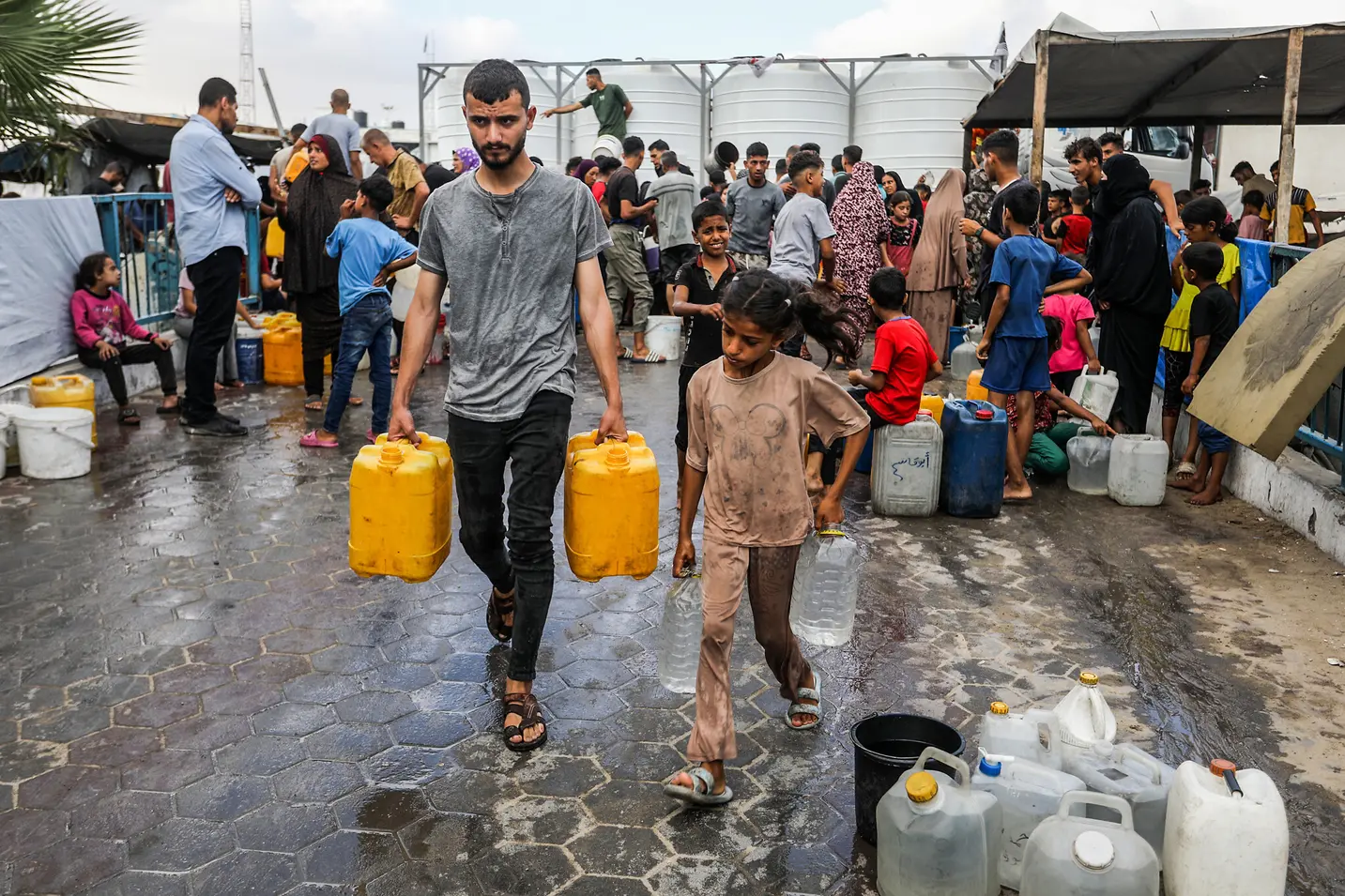
Gaza's residents face critical struggle for survival
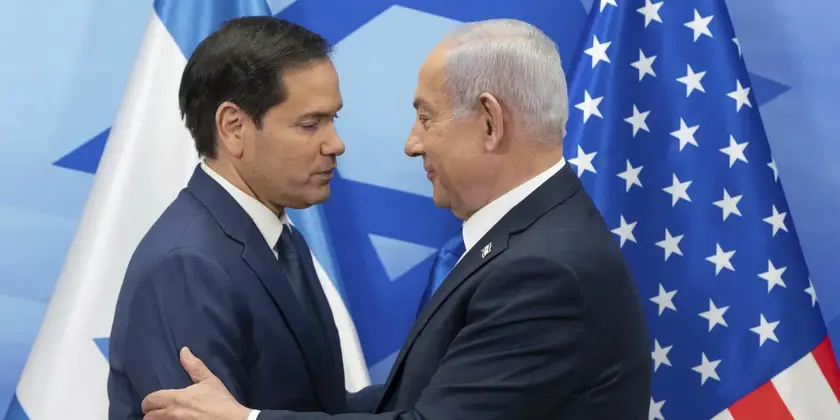
Nine-page Israel report triggers criticism
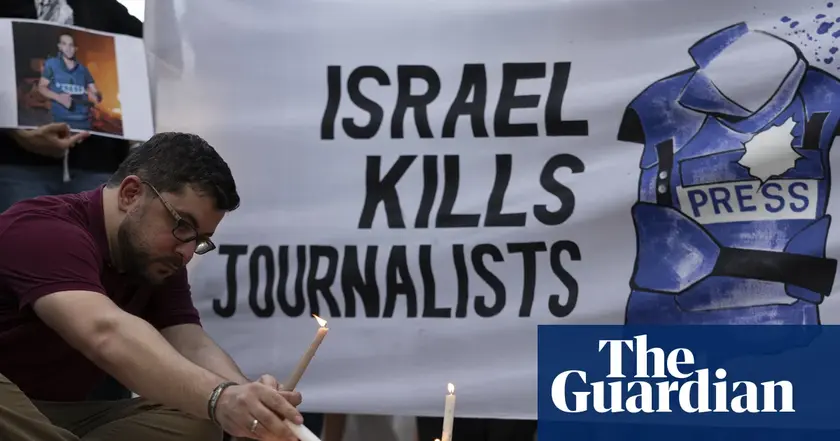
Israeli unit accused of smearing Gaza journalists
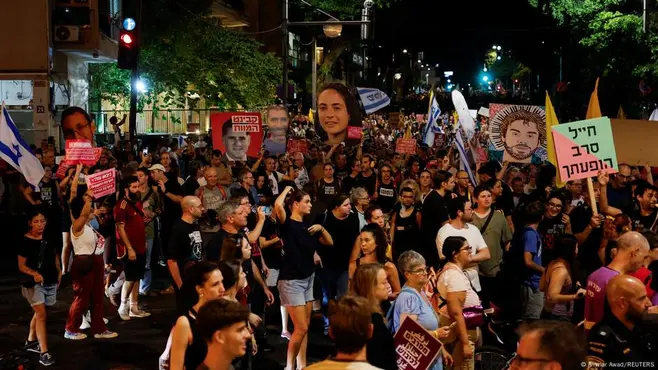
Israeli public mood shifts on Gaza war

Melania Trump influence on policy
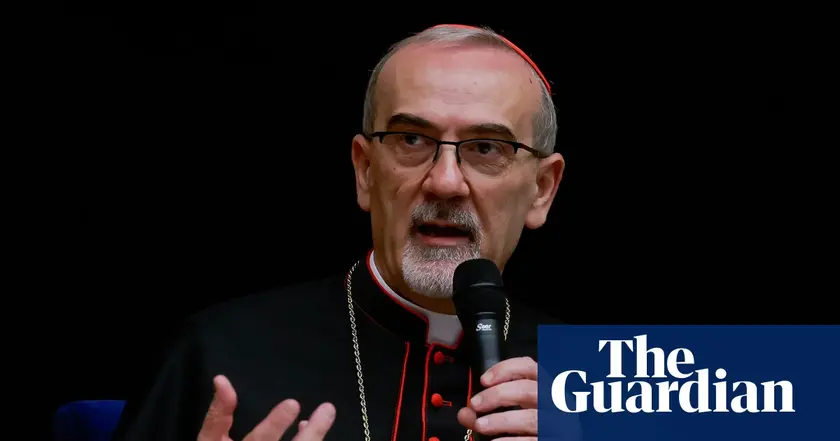
Cardinal calls Israeli policies morally unjustifiable
